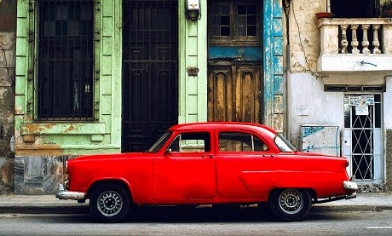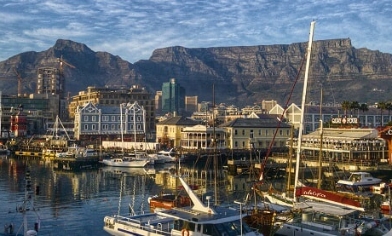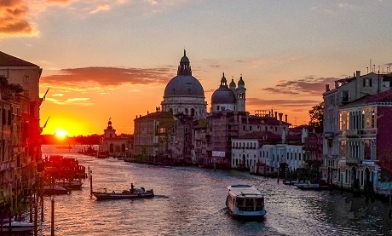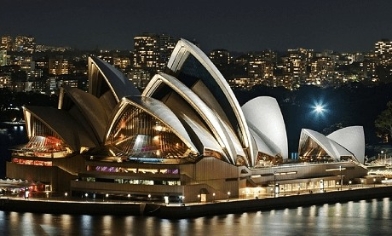Travel risks in Ireland
Ireland is considered a safe place to visit. Visitors are advised to take normal precautions against things like pickpocketing and bag theft whilst in busy cities such as Dublin, much as they would in London.
To travel prepared, check the Foreign, Commonwealth and Development Office (FCDO) travel advice for Ireland before you go. remember that travelling against is advice could invalidate your travel insurance.
Anyone who has been a victim of crime can contact the Irish Tourist Assistance Service, who are built to help visitors in this circumstance.
Irish culture
Irish culture is rich and ancient. A couple of words that you need to watch out for are Garda (police), and Mná (women) and Fir (men). So be careful – the word “Mná” on the toilet is not a typo of “men”.
Live music, particularly in popular nightlife areas like Dublin, is very prevalent in Ireland and will often be high-quality folk music. There is very little to make one feel like they’ve got into a culture like its music, and fortunately in Dublin, it’s almost unavoidable on a night out.
Galway is the European Capital of Culture 2020 and the county - and Ireland generally - is going to be awash with cultural events of every shape and size. From touring theatre to installations, concerts to events that defy description, the year promises a spellbinding array of attractions for visitors.
Major cities in the Republic of Ireland tend to be more expensive than you might be used to in the UK, comparable to and sometimes dearer than London. It’s not unusual for a pint of beer to cost €7-8. However, prices in shops tend to be similar. The Post Office City Costs Barometer rates Dublin as roughly £50 more expensive for a weekend break than London.
Getting around
Transport in Ireland is very similar to the UK, with bus services and train services operating in much the same way.
Driving in Ireland is also very similar to the UK. Make sure that you have your driving licence on you at all times, including your VC5 (logbook) and details of car insurance and road tax. The drinking and driving limit was reduced in 2011 to be 50mg of alcohol per 100ml of blood for fully-qualified drivers (20mg/100ml for new, learner and professional drivers) – which is less than the English law of 80mg per 100ml blood.
However, it is always difficult to know exactly how much you’ve had and how that relates to drink-drive limits. It’s therefore never sensible to drive after drinking, even if you’ve only had a very small amount. The penalties for being over the limit in Ireland are very severe, and random tests are conducted by Gardai.
Travel insurance for Ireland
While it might be tempting to feel like the Republic of Ireland is the same as the rest of the UK, remember that it isn’t and is more like a European country with regards to going on holiday.
Due to the RoI being in the EU, your Ghic is going to be important should you become unwell – however, as mentioned above, this is no substitute for good travel insurance. Whether it’s for medical repatriation, your hotel cancelling your booking or your airline losing your luggage, travel insurance is a vital part of going away.




























